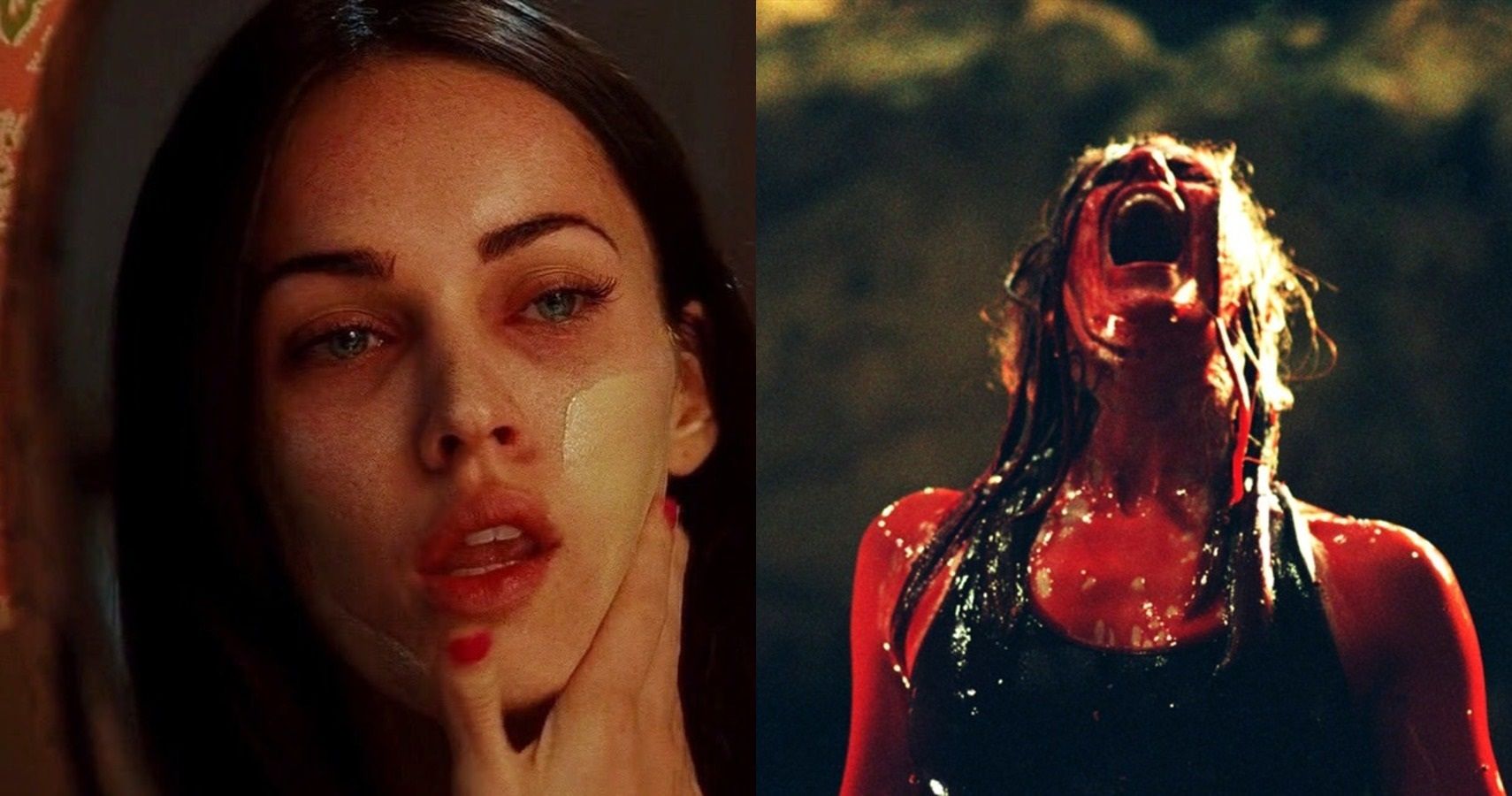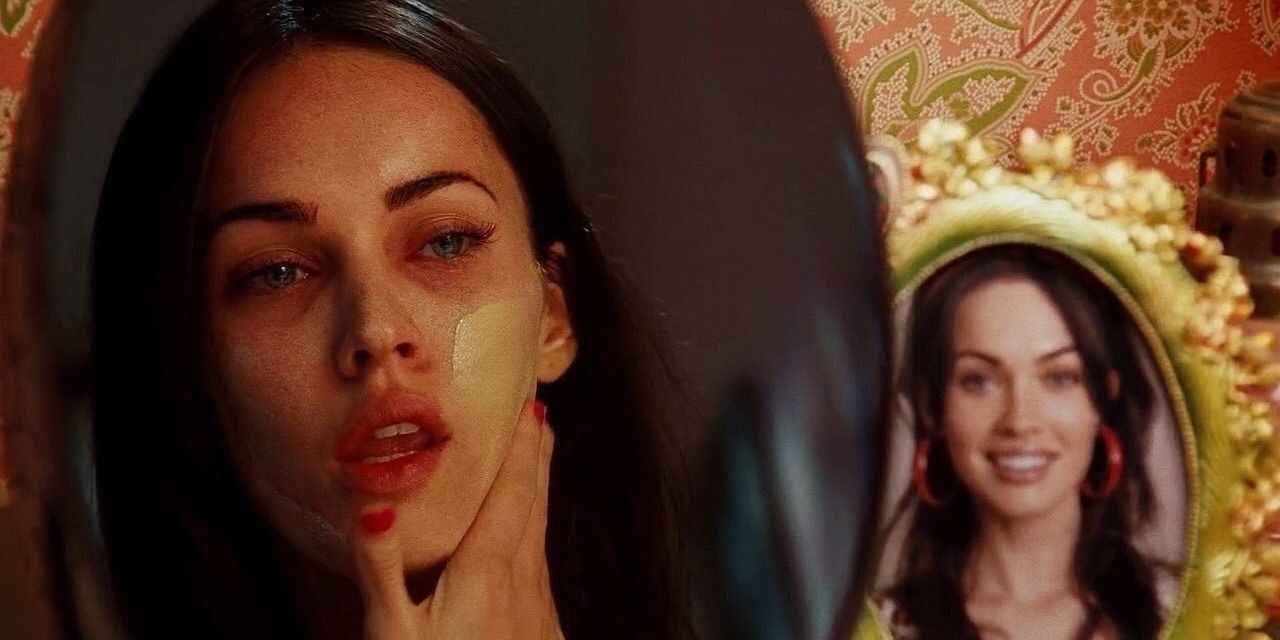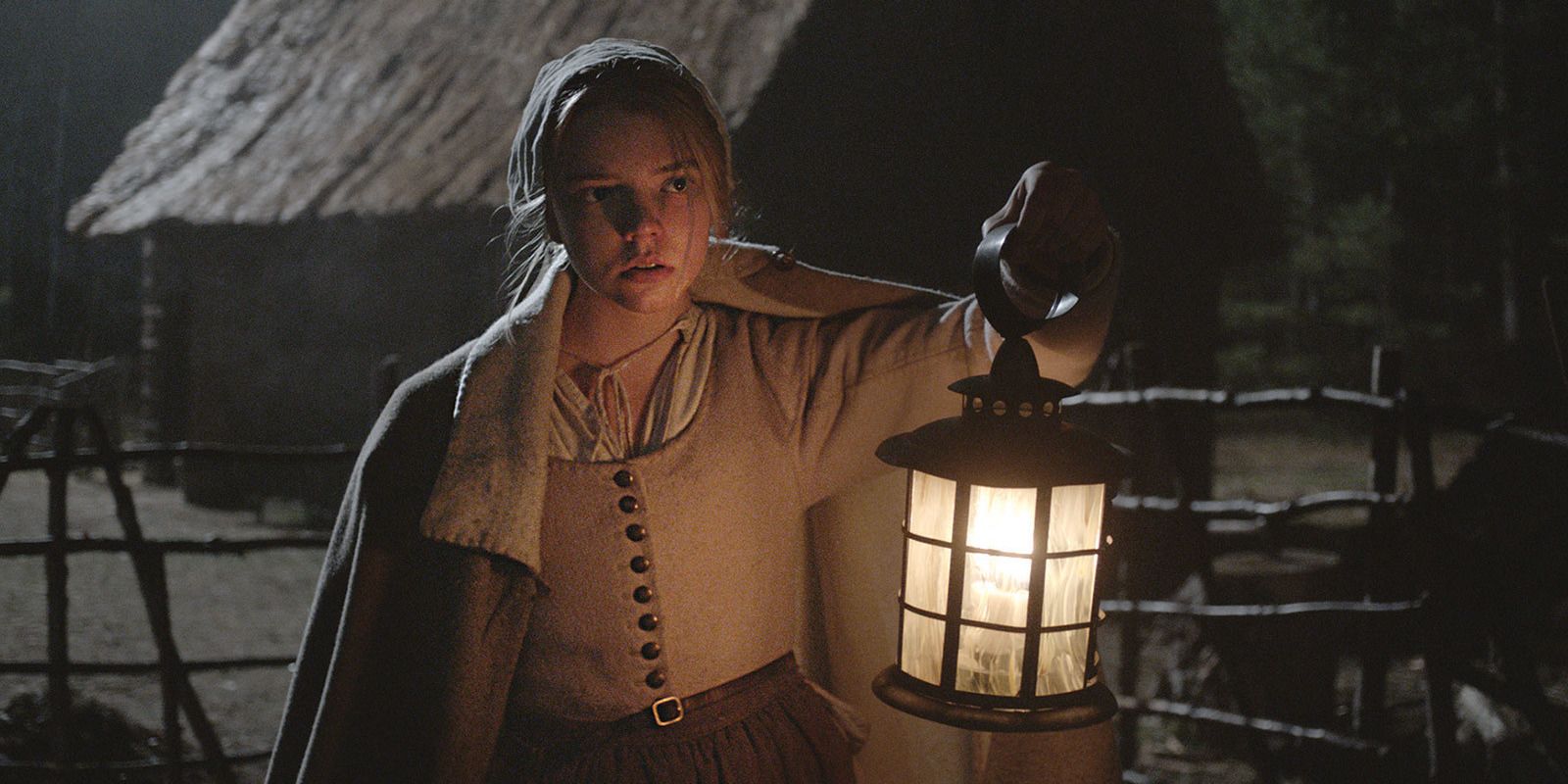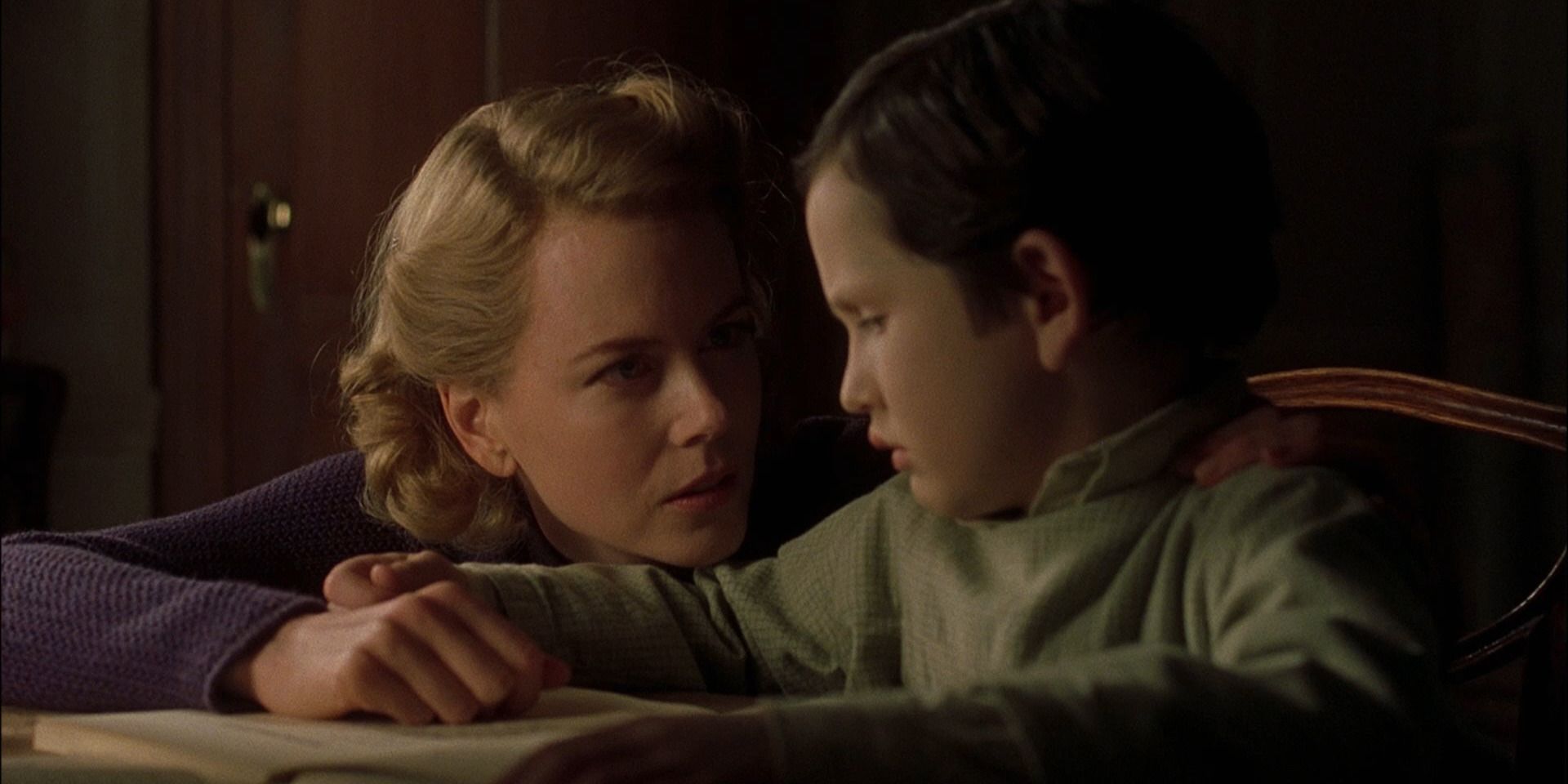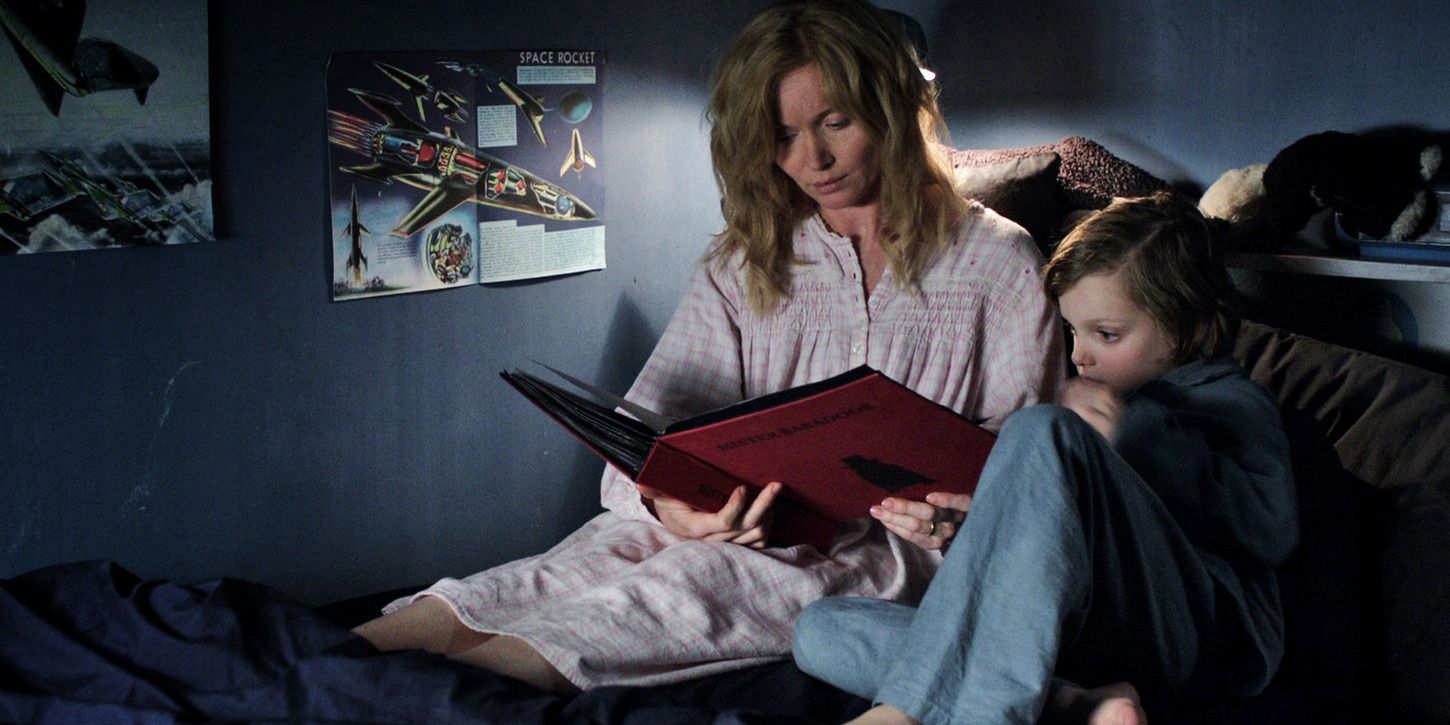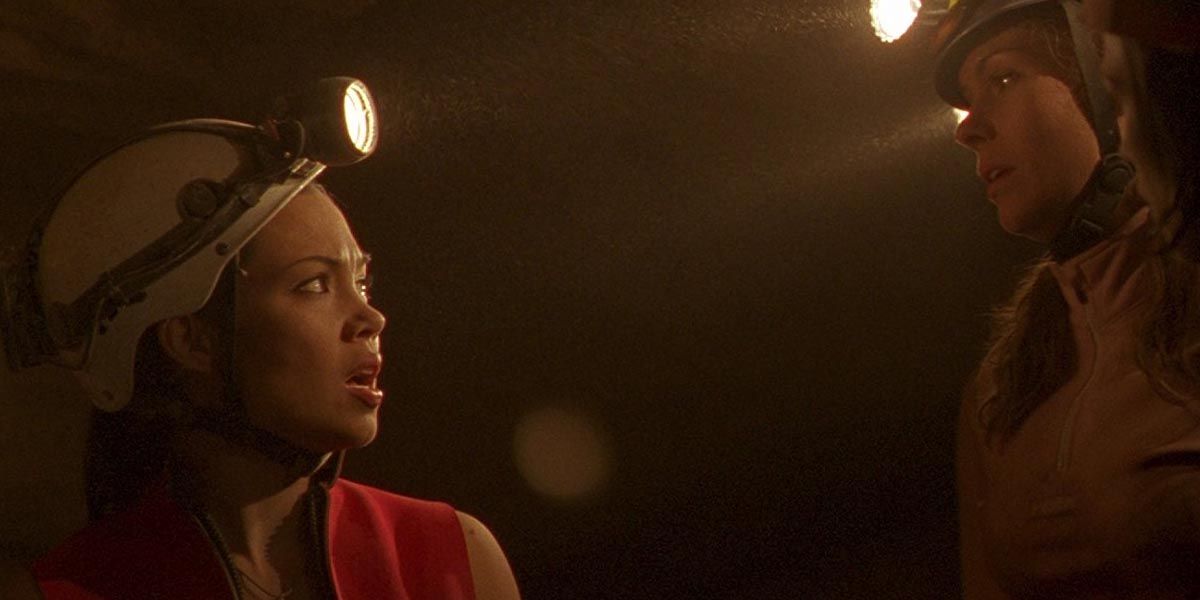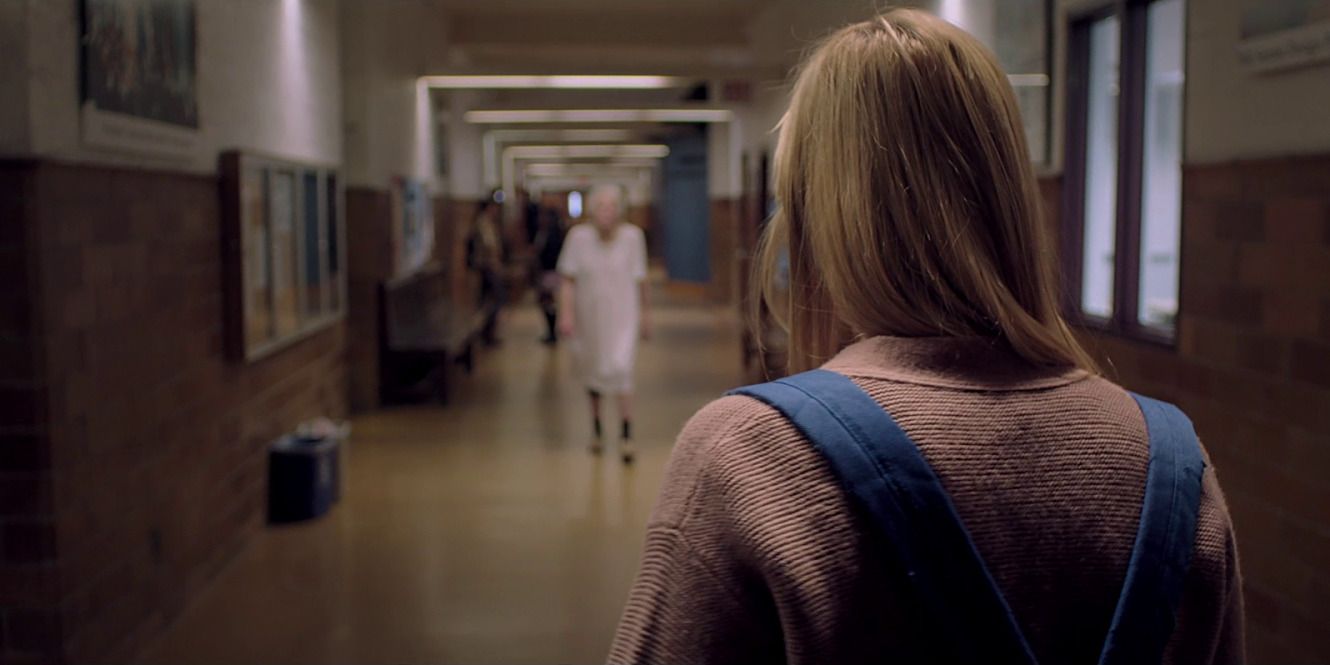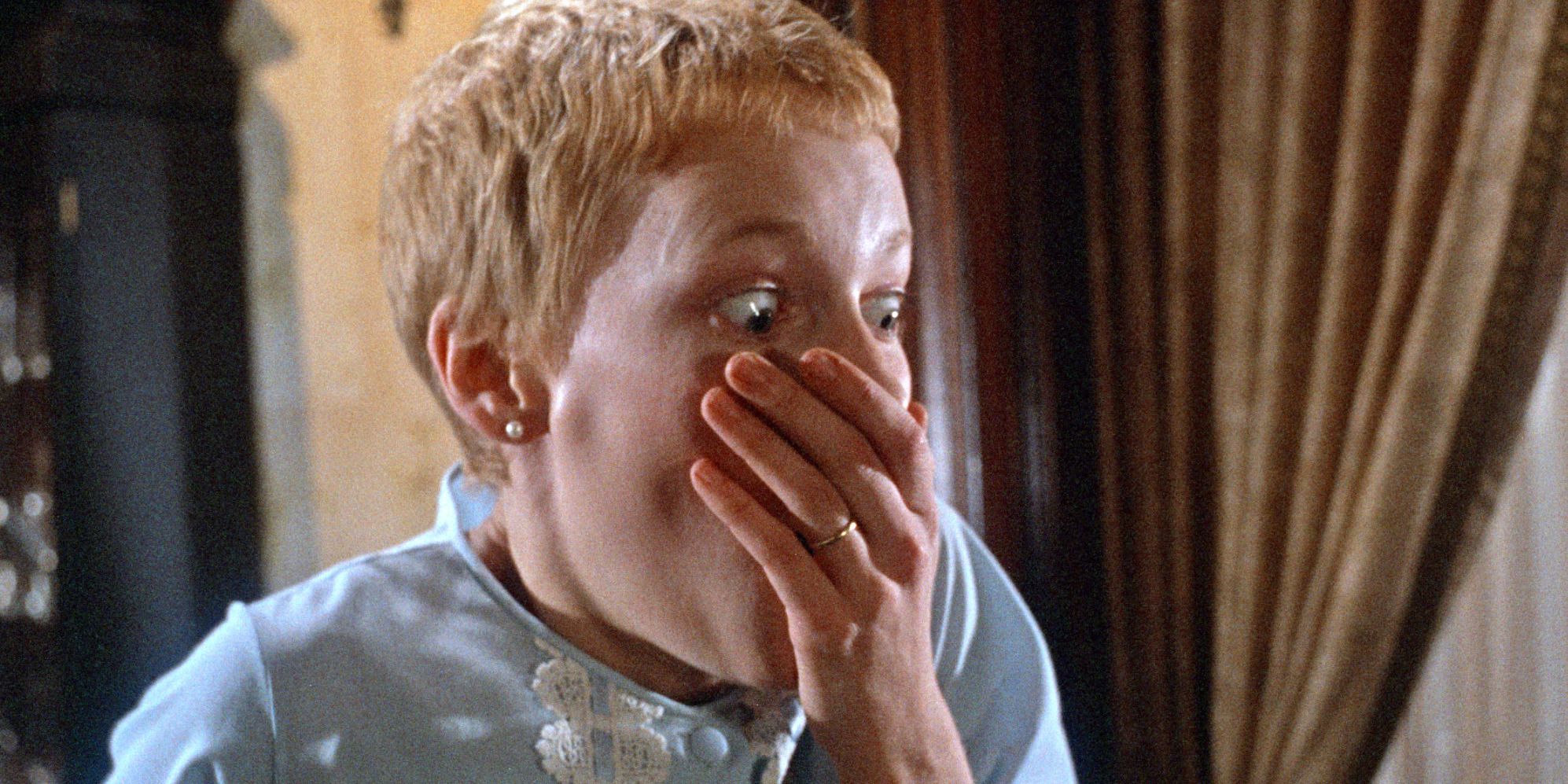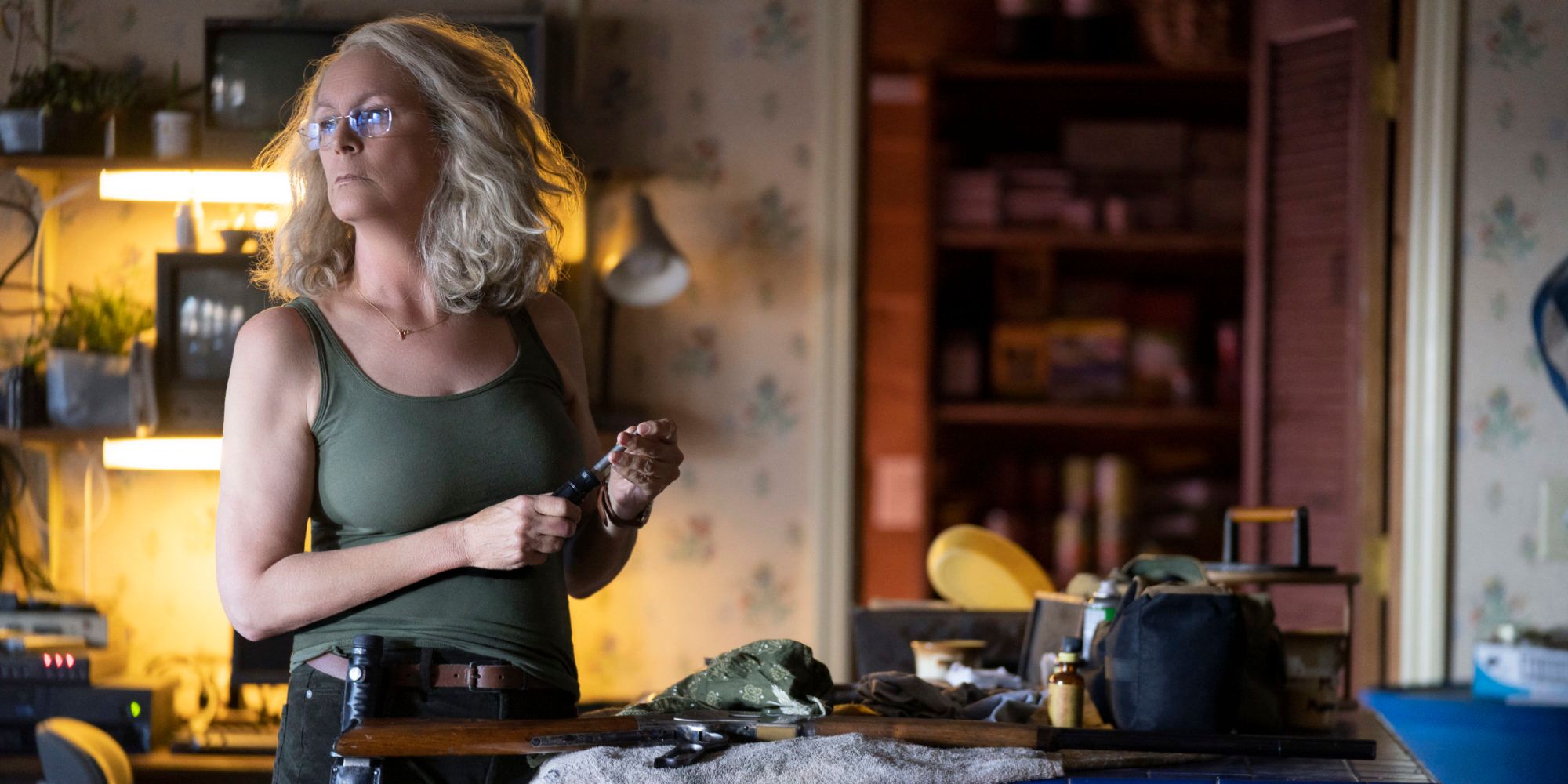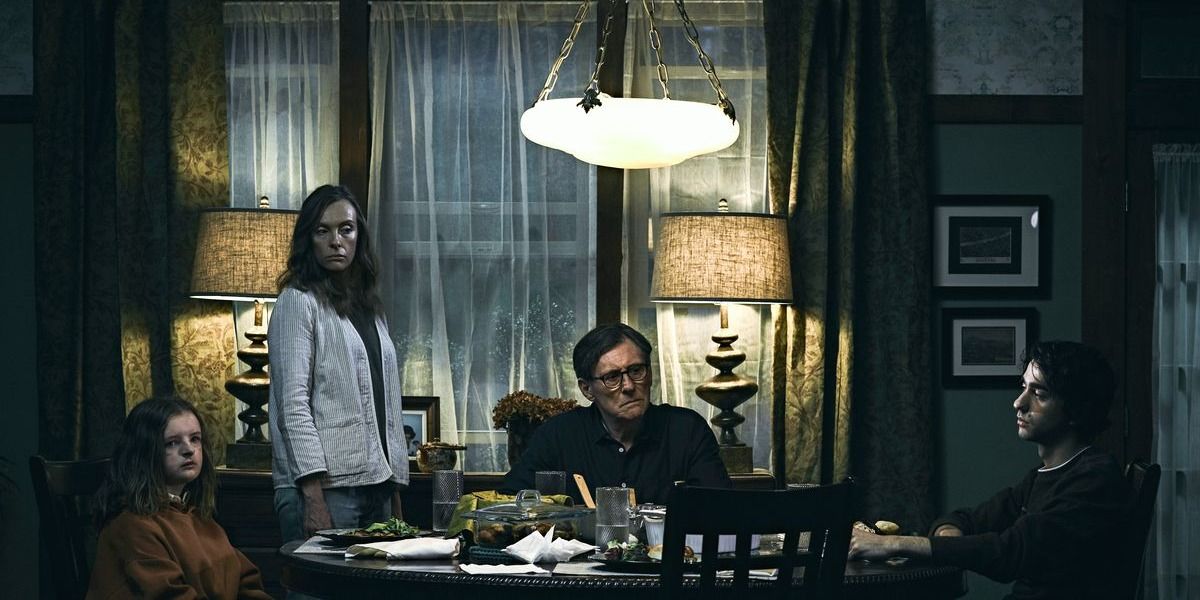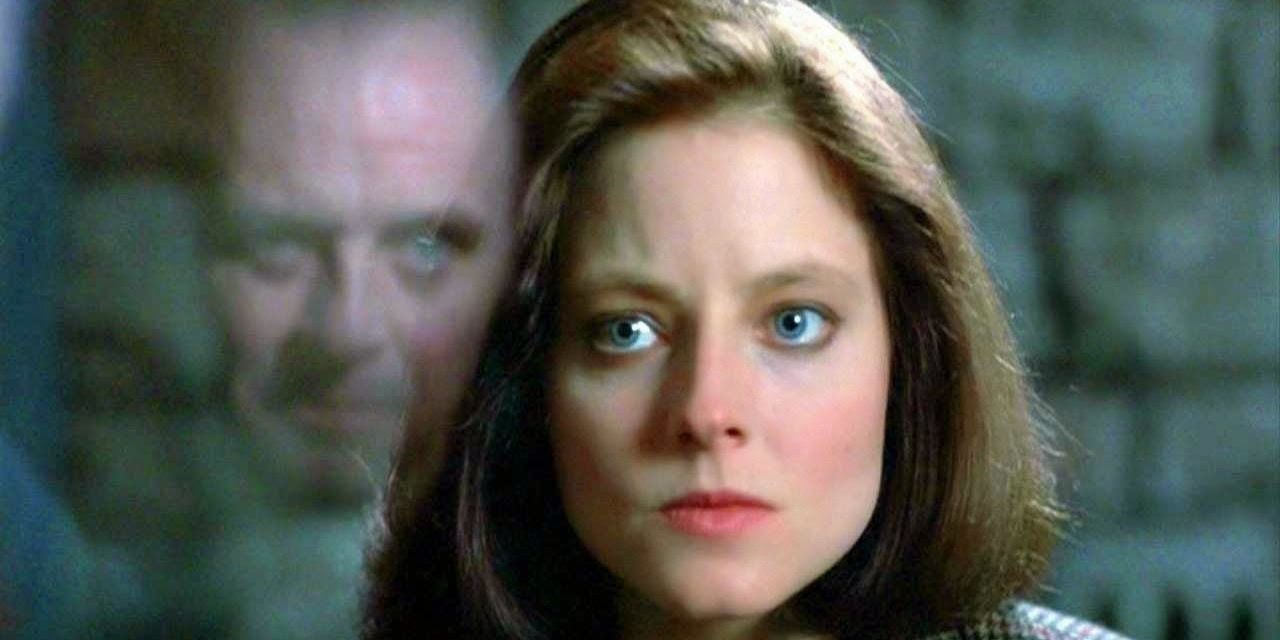The horror genre is known for pushing boundaries. What exactly that means changes depending on the time the media's being made, but history's best horror films have tackled everything from racism to sexuality. Whatever will most challenge (and horrify) the audience is fair game.
Recently, we've seen a lot of horror movies pushing boundaries in Hollywood with regard to roles given to their female leads. Many (though we'll see, not all!) horror movies of the past have confined their women into a handful of trope-y roles. The evil hag. The controlling mother. The final girl. But there have been more and more opportunities for women to star in complex, meaty roles. Here are 10 of the best female-driven horror movies to watch this Halloween.
Jennifer's Body (2009)
This horror black comedy starring Megan Fox and Amanda Seyfried didn't do well when it was first released. It had a lackluster performance at the box office and negative reviews criticized it for being neither funny nor scary. However, in the past few years people have revisited it and realized, oh, Jennifer's Body is not only a good movie but an extremely feminist horror film.
Much of its failure has been credited to the fact that it was marketed towards a straight male audience, like most slasher films of the time, without attempting to reach the actually intended female demographic.
The Witch (2015)
Robert Eggers' feature directorial debut is a period horror film about a Puritan family grappling with forces beyond their understanding beyond the boundaries of their small farm, forces that might include their own minds.
It received almost universal critical acclaim for its slow build of dread and restraint, letting viewers fill in the blanks unlike most mainstream horror movies. Drawing from both Puritanical repression and fear of witchcraft, The Witch asks every young woman watching: "Wouldst thou like to live deliciously?"
The Others (2001)
This is a gothic psychological horror from Spanish director Alejandro Amenábar. It was the first English-language film to win Best Film at the Goyas (the national film awards in Spain) without containing a single word of Spanish. So already, we must have something pretty special on our hands. The plot follows Nicole Kidman as Grace Stewart, a single mother caring for her two photosensitive children in the aftermath of World War II.
After she hires on three new servants, she begins to notice strange things happening and is convinced her house is haunted. We don't want to give too much away if you haven't seen it, but the surreal atmosphere and creeping uncertainty of the mystery makes this a must-watch.
The Babadook (2014)
An Australian psychological horror film and extended meditation on grief, The Babadook was one of the best reviewed films of the year. Predominantly focusing on widow Amelia Vanek as she deals not only with the mundane complications of single motherhood but also a new threat in the form of the Babadook, a creature that slowly insinuates itself into their lives.
Amelia's mental state deteriorates under the stress and the influence of the Babadook until she's a danger to her young son. It was praised for its genuinely moving story as well as a commitment to real horror over cheap jump scares.
The Descent (2005)
A classic of British horror, The Descent has an almost entirely female cast as it follows six women on a caving expedition that goes horribly, horribly wrong. Universally praised for its strong performances and taut, claustrophobic atmosphere, it's a movie you definitely need to watch if you somehow haven't already.
You know a horror movie is good if it would still be terrifying with the omission of its monsters; the creatures lurking in the cave are really just icing on the cake. One thing—make sure to watch it with the original UK ending. It was changed for US audiences because the original was considered too dark.
It Follows (2014)
This psychological horror film was both written and directed by David Robert Mitchell and it's obviously a labor of love in service to a particular vision. The film stars Maika Monroe as Jay, a teenage girl who ends up the target of a persistent supernatural entity after a sexual encounter.
The tone of the movie is dreamlike and timeless, with certain aspects of the setting kept intentionally vague to avoid dating it. It was praised for being original, thought-provoking and, of course, terrifying; the combination of Disasterpeace's score and the sheer implacable approach of the monster make for a tense viewing experience.
Rosemary's Baby (1968)
Excellent and influential female-led horror movies aren't limited to the last decade or so, and Rosemary's Baby is an excellent example. Starring Mia Farrow as the titular Rosemary, the film focuses on her learning she's pregnant under mysterious circumstances and her growing fear that a cult is hunting her baby.
The movie has been selected by the Library of Congress for preservation in the National Film Registry and has become widely regarded as a classic, elevated by performances from both Farrow and Ruth Gordon.
Halloween (2018)
Honestly, the original Halloween could be on this list too, but we decided to focus on the 2018 sequel because of its dedication to portraying the horror of the franchise through a female lens.
Three generations of women have to come together to fend off horror icon Michael Myers, including Jamie Lee Curtis reprising her role as Laurie Strode from the original movie. It did incredibly well among critics and fans of the franchise, as well as in the box office. It is the highest grossing film in the series, the highest-grossing slasher film (unseating Scream) AND the highest-grossing opening with a female lead over 55 years old.
Hereditary (2018)
People are probably starting to get tired of everyone singing Hereditary's praises, but honestly, it deserves them. Particularly as an example of excellent female-driven horror.
The movie lives and dies on the strength of Toni Colette's performance as Annie Graham, a grieving mother coming slowly unhinged as life unravels in the most horrifying ways possible. There isn't much to say here that hasn't been said before, but if you somehow haven't seen it yet, you should really check it out.
Silence of the Lambs (1991)
Some might not think of this classic crime thriller as a female-driven film, since Anthony Hopkins' memorable performance as Hannibal Lecter kind of steals the show. But Jodie Foster as Clarice Starling is the heart of the movie, and the film deals with a lot of anxieties about being a woman.
From Clarice's quiet struggle to prove herself in the police force to the serial killer stalking and skinning young women, there's a distinctly feminine core to the movie. It's widely cited as one of the greatest and most influential films ever made, and with good reason. What better time to give it another watch than this Halloween?

